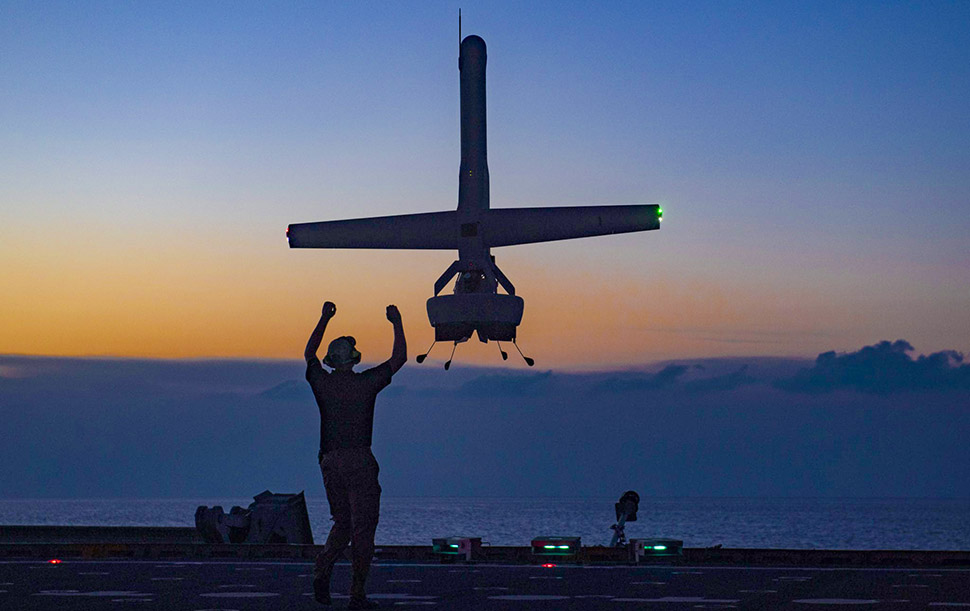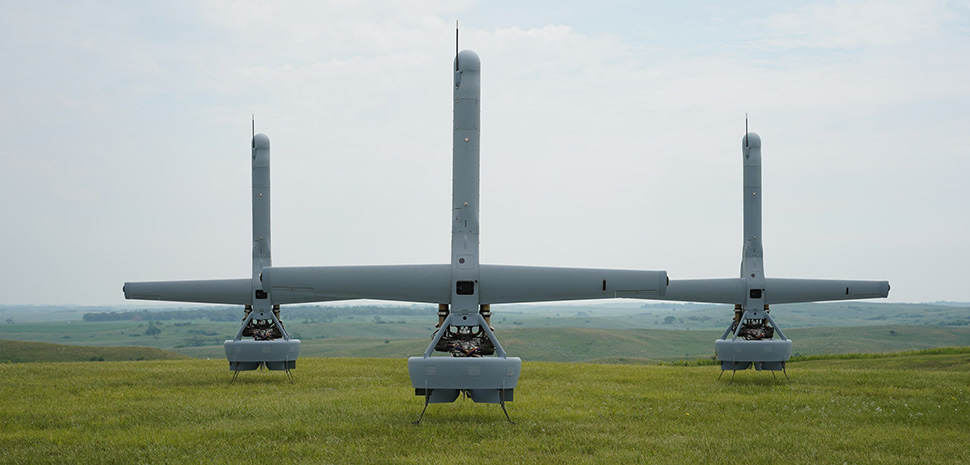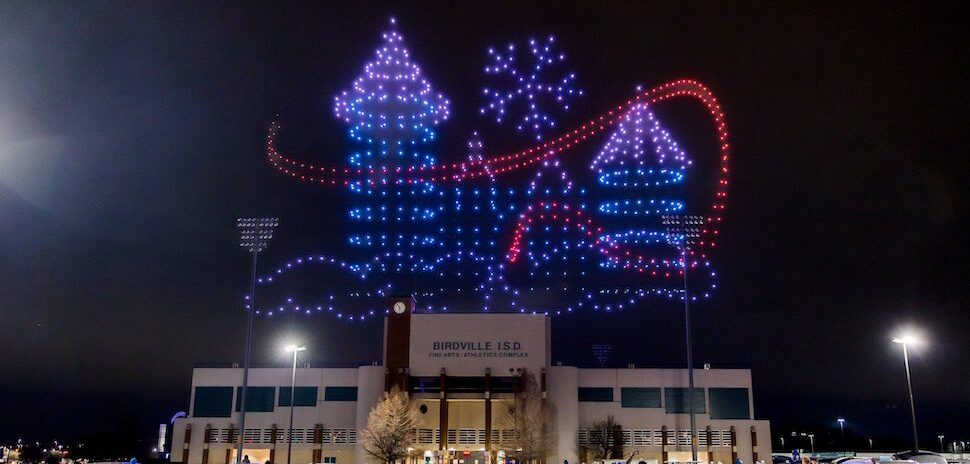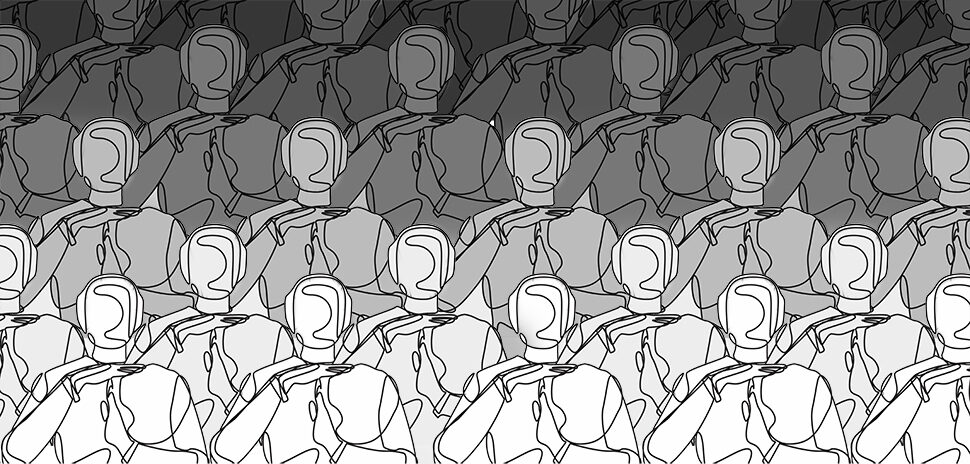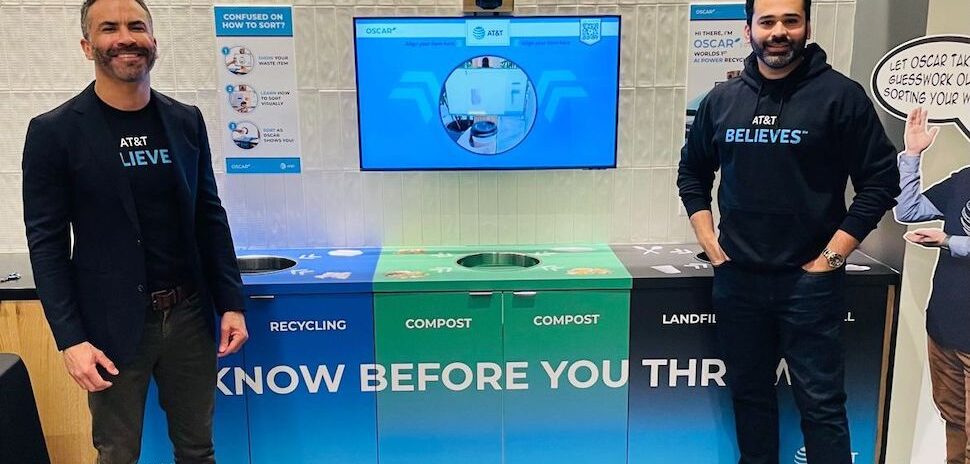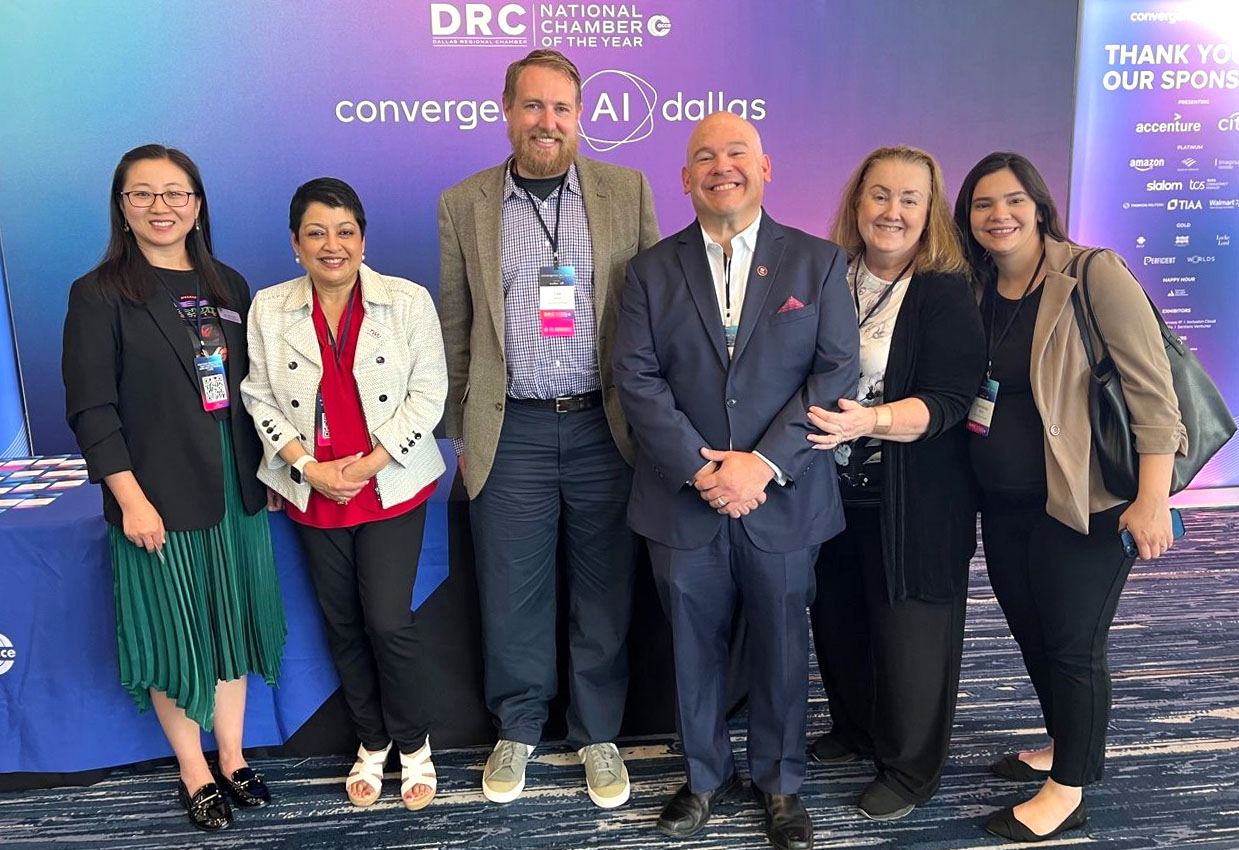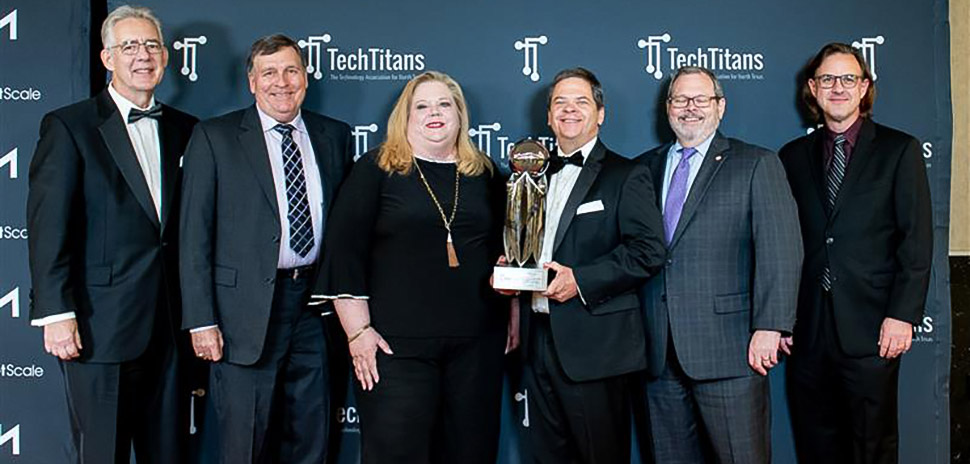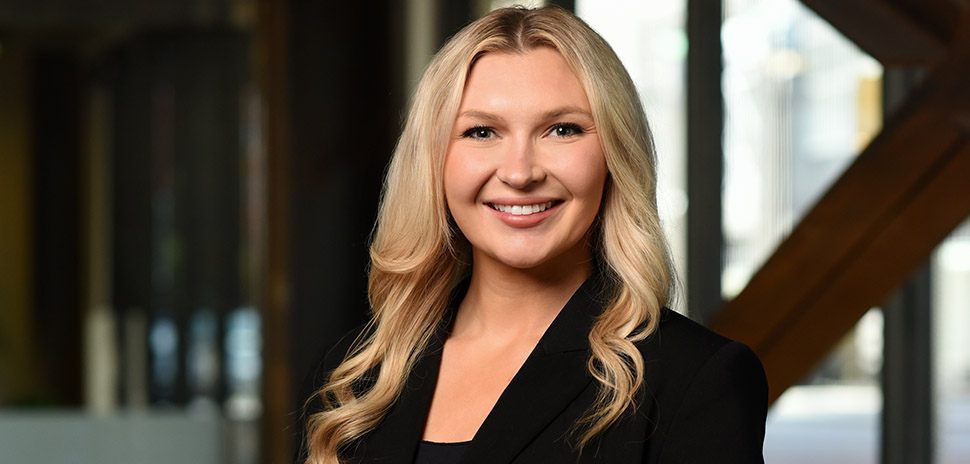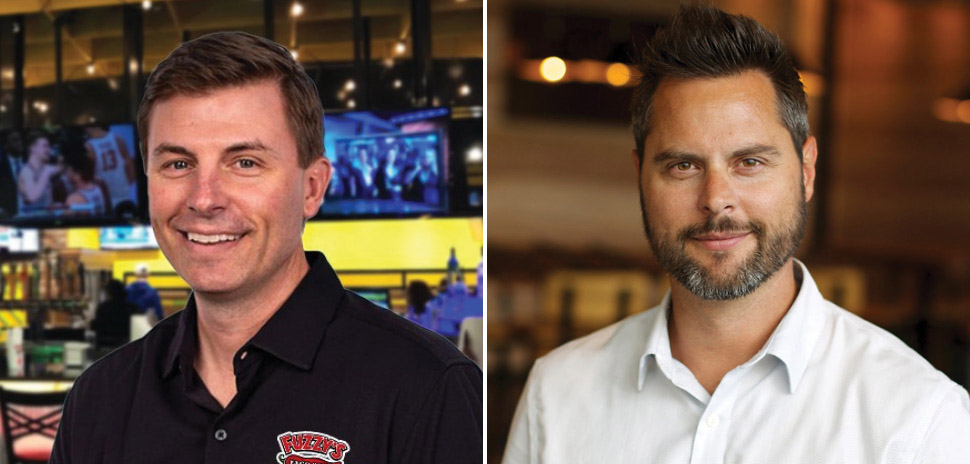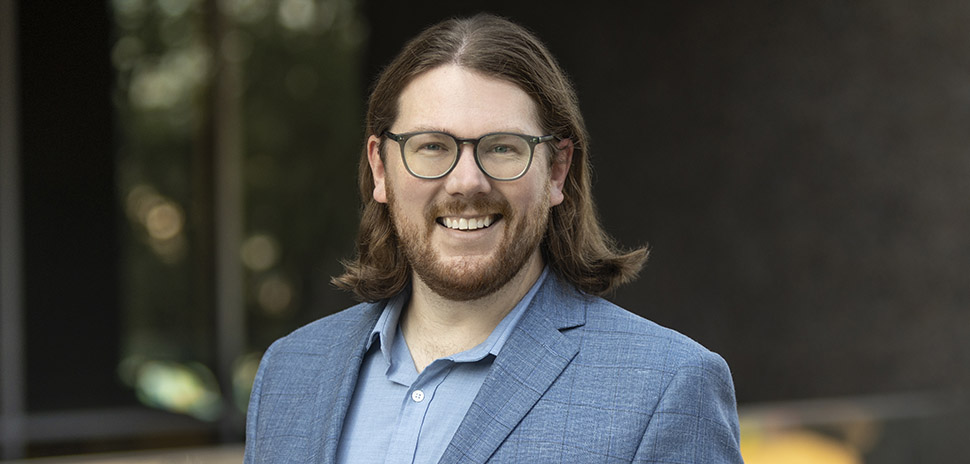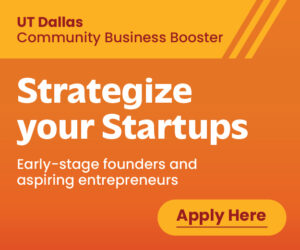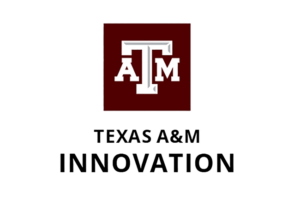“Our nation is faced with the difficult reality that our pilots are too few and the rules-based autonomy solutions are too dumb for such swarms to exist.”
Ryan Tseng
Co-Founder and CEO
Shield AI
.…on why America’s military needs AI pilot software for intelligent drone swarms.

“Intelligent, swarming aircraft are the key to air dominance and more importantly, to deterrence.” That’s the view of Ryan Tseng, co-founder and CEO of Shield AI, as the U.S. faces a shortage of military pilots even as the need for advanced drone swarms rises. It presents a major obstacle to national security, the CEO says, and Shield AI aims to change the equation.
For almost nine years, the startup has focused on building the world’s best AI pilot from a common AI backbone that’s relevant and deployable to any aircraft—from quadcopters to F-16s.
“The technology is ready when we need it most,” Tseng said in a statement. Shield AI’s autonomous systems aim to provide the smart drone swarms needed for national defense, without relying solely on human pilots.
The San Diego-based company, which has had a presence in Plano since its 2021 acquisition of Plano-based Martin UAV, has developed AI pilot software that can fly and coordinate swarms of aircraft. The technology aims to help drone swarms fly with human-like intelligence for military and commercial applications.
Read more in our story here.
For more of who said what about all things North Texas, check out Every Last Word.

Get on the list.
Dallas Innovates, every day.
Sign up to keep your eye on what’s new and next in Dallas-Fort Worth, every day.
R E A D N E X T
-
Innovators across North Texas and entrepreneurs all over the U.S. are racing to launch (and patent) the latest breakthrough AI. That can lead to IP policy issues as emerging tech hits the market. On February 8, the U.S. Patent and Trademark Office will a public meeting to discuss how to promote innovation in AI and Machine Learning tech, to be held virtually and in person at the Arts District Mansion in Dallas. "The takeaways will shape future work on AI and ET policy," says USPTO Director Kathi Vidal.
-
Developed by Plano-based Martin UAV, V-Bat drones can take off vertically, transition to level flight, and switch back to vertical hover to offer continuous "stare capabilities" over challenging environments and urban terrain. With the new V-Bat Teams AI product from Shield AI, V-Bats can now work together as "an incredible force multiplier," said Shield AI's ex-Navy Seal co-founder.
-
Fort Worth-based drone show company Sky Elements broke a Texas record Sunday night—and spread a little holiday cheer as well. To attract attention for the North Richland Hills toy drive benefitting the Community Enrichment Center, Sky Elements presented a "1,001 Drones Holiday Show" over the Birdville ISD Fine Arts/Athletic Complex.
-
The request was made in an open letter signed by major players including Elon Musk, co-founder of OpenAI, the lab that created ChatGPT and GPT-4; Emad Mostaque, founder of the London-based Stability AI; and Apple co-founder Steve Wozniak. More than 1,000 artificial intelligence experts, researchers, and backers signed the letter, including academics from UT Dallas.
-
Oscar, the AI-powered robotic trash can at AT&T's downtown Dallas HQ, can spot a recyclable in nothing flat. Developed by Vancouver, Canada-based Intuitive AI, the robot checks out any trash item you hold up to it and tells you whether it goes in its recycling, compost, or landfill bins.
![]()
![]()










